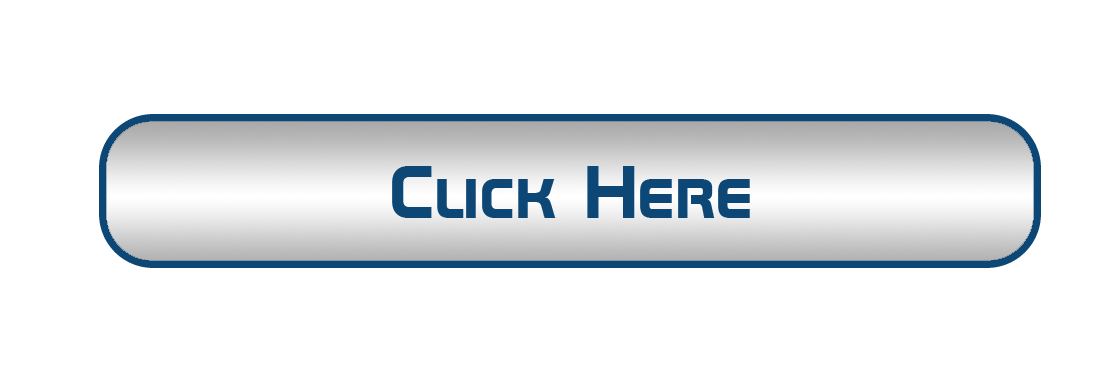Sharia law (also known as Islamic law) is a law enforced only in the predominantly Muslim north of the country. [16] Sharia law, which means “path” or “path” in the religious law of Islam,[17] has existed in Nigeria for a long time. Civil Sharia law has been enshrined in Nigeria`s various constitutions since independence. The most recent constitution entered into force in 1999. With the country`s return to democratic rule in 1999, some of the predominantly Muslim northern states adopted full Sharia law (criminal and civil). [18] Full Sharia law was first adopted in Zamfara in late 1999 and came into effect in January 2000. Since then, eleven other countries have followed suit. These states are Kano, Katsina, Niger, Bauchi, Borno, Kaduna, Gombe, Sokoto, Jigawa, Yobe and Kebbi. [19] In 1959, an event was held in New Delhi at which the International Commission of Jurists issued a statement on the fundamental principle of the rule of law.
The event brought together more than 185 judges, lawyers and law professors from 53 countries. This later became known as the Delhi Declaration. During the statement, they explained what the rule of law entails. These include certain rights and freedoms, an independent judiciary and social, economic and cultural conditions conducive to human dignity. The only aspect not included in the Delhi Declaration was the rule of law, which required judicial oversight of the legislature. [69] Positions and methods of servitude The Council of the International Bar Association passed a resolution in 2009 advocating a substantial or “thick” definition of the rule of law:[79] So before you lies a former military ruler and a converted democrat who is willing to act according to democratic norms and is submitting for the fourth time to the rigours of democratic elections. Such problems cannot be removed or overcome, ignoring the rule. of the law or to submit it to the whims of elected and appointed officials. Man`s natural freedom is to be free from any higher power on earth and not to be under man`s will or legislative authority, but only to have the natural law for his reign.
Human liberty in society may not be the subject of any legislative power other than that established by consent in the community; nor under the domination of any will or limitation of any law, but that which this legislature must promulgate according to the confidence placed in it. Freedom is therefore not what Sir Robert Filmer tells us, Observations, A. 55. the freedom for each to do as he enumerates, to live as he pleases, and not to be bound by laws: but the liberty of men under government means to have a permanent rule by which one may live, which is common to all in this society, and which is made by the legislative power established in it; the freedom to follow my own will in all things where the rule does not prescribe it; and not to be subject to the impermanent, uncertain, unknown, arbitrary volatile will of another man: as is the freedom of nature to be subject to no limitation other than the law of nature. [28] The principle was also discussed by Montesquieu in L`Esprit des lois (1748). [29] The term “rule of law” appears in Samuel Johnson`s Dictionary (1755). [30] The rule of law may be impeded if there is a gap between legal and public consensus. Intellectual property is one example. Under the auspices of the World Intellectual Property Organization, theoretically strict copyright laws have been introduced in most parts of the world. But because the attitude of a large part of the population does not comply with these laws, a rebellion against property rights has manifested itself in endemic piracy, including an increase in peer-to-peer file sharing. [96] Similarly, tax evasion is common in Russia and a person who admits not to pay tax is not condemned or criticized by colleagues and friends because the tax regime is considered unreasonable.
[97] Corruption also has different normative implications in different cultures. [90] The International Rule of Law Network (INPROL) is a network of more than 3,000 legal practitioners from 120 countries and 300 organizations working on rule of law issues in post-conflict and developing countries from a policy, practice, and research perspective. INPROL is based at the United States Institute of Peace (USIP) in cooperation with the International Bureau of Narcotic Control and Narcotics of the United States Department of State, the Strategic Police Issues Unit of the Organization for Security and Cooperation in Europe (OSCE), the Unit of the Centre of Excellence for Police Stability and the William and Marry School of Law of the United States. [86] Affiliates include the United Nations Office on Drugs and Crime, the Folke Bernadotte Academy, the International Bar Association, the International Association of Chiefs of Police, the International Association of Police Women, the International Association of Corrections and Corrections Affairs, the International Court Administration Association, the International Security Sector Advisory Team of the Centre for democratic control of Geneva`s health. Armed Forces, World Association of Women Forensic Experts (WAWFE) and International Institute for Law and Human Rights. Some modern scholars argue that the rule of law has been corroded over the past century by the instrumental conception of law promoted by right-wing realists such as Oliver Wendell Holmes and Roscoe Pound. For example, Brian Tamanaha states, “The rule of law is an age-old ideal, but the idea that law is a means to an end only became consolidated in the nineteenth and twentieth centuries.” [56] The Finnish Constitution explicitly prescribes the rule of law by stating that “the exercise of public authority shall be based on a law. The law must be strictly adhered to in all public activities.
The preamble to the European Convention for the Protection of Human Rights and Fundamental Freedoms, based on the rule of law, states: “Governments of like-minded European countries which have a common heritage of political traditions, ideals, freedom and the rule of law.” Former NSA agent Sambo Dasuki and Islamic cleric El Zakzaky have been detained for more than three years and far beyond what the constitution allows. James Wilson said at the Philadelphia Convention of 1787: “Laws can be unjust, can be reckless, can be dangerous, can be destructive; and yet not be so unconstitutional that judges refuse to give effect to them. George Mason agreed that judges “can strike down an unconstitutional law. But with regard to any law, no matter how unjust, oppressive or harmful, that does not clearly fit this description, they would be obliged, as judges, to give it carte blanche. [58] Chief Justice John Marshall (followed by Justice Joseph Story) took a similar position in 1827: “If its existence as a law is denied, that existence cannot be proved by showing what the qualities of a law are.” [59] The old concept of the rule of law differs from the rule of law, according to political scientist Li Shuguang: “The difference. is that the law takes precedence over the rule of law and can serve as a check against abuses of power. In the context of the rule of law, the law is merely a tool for a government that legally suppresses. [41] The purpose of law is served by five “elements” of the rule of law: The rule of law implies that every citizen is subject to the law. This is contrary to the idea that the sovereign is above the law, for example by divine right.
In addition to a number of states and territories, there is a huge gap across the continent between the rhetoric of the rule of law and reality. In Thailand, the police are popular with the rich and corrupt. In Cambodia, judges are representatives of the ruling political party. Whether a judge harbors political bias or applies the law unevenly is the least of the worries for an ordinary defendant in Asia.















